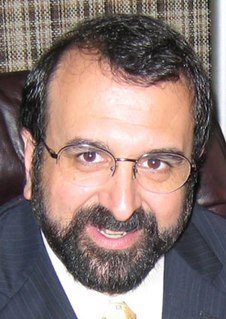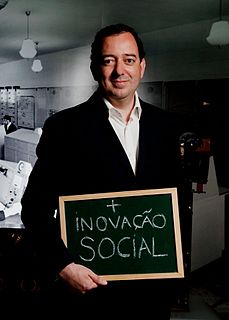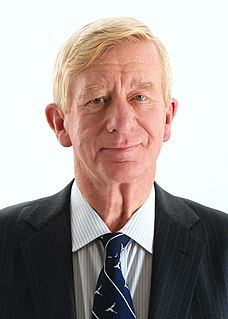A Quote by Richard Florida
Over time, this growing tendency of like marrying like will only reinforce clustering and geographic sorting along class lines, giving the emerging map of social, economic, and cultural segregation even greater permanence.
Related Quotes
What used to be racial segregation now mirrors itself in class segregation, this great sorting (has) taken place. It creates its own politics. There are some communities where not only do I not know poor people, I don't even know people who have trouble paying the bills at the end of the month. I just don't know those people. And so there's less sense of investment in those children.
One of the most basic and pervasive social processes is the sorting and labeling of things, activities, and people... Sorting and labeling processes involve a trade-off of costs and benefits. In general, the more finely the sorting is done, the greater the benefits - and the costs... Sorting and labeling, whether of people or of things, is a sorting and labeling of probabilities rather than of certainties.
What's more, sharia finance is another tool of Islamic separatism; instead of assimilating into American society, Muslims are demanding, and receiving, parallel financial institutions that reinforce the idea that they are unique, not subject to the laws and norms to which the rest of us are subject-a privileged class. At the same time, sharia finance initiatives are giving Islamic interests increased control over Western economic life.
The widespread inability to understand technological artifacts as fabricated entities, as social and cultural phenomena, derives from the fact that in retrospect only those technologies that prove functional for a culture and can be integrated into everyday life are 'left over.' However, the perception of what is functional, successful and useful is itself the product of social and cultural--and last but not least--political and economic processes. Selection processes and abandoned products and product forms are usually not discussed.
The economic class struggle is a struggle against inessanlty intensified exploitation: not only against the brutal material form of exploitation, capitalism's tendency to reduce wages, and against the class 'techniques' for increasing productivity... but also around the question of the technical-social division of labor that prevails om enterprises, and against bourgeois ideology and repression.
In the eighties and nineties, the innovation agenda was exclusively focused on enterprises. There was a time in which economic and social issues were seen as separate. Economy was producing wealth, society was spending. In the 21st century economy, this is not true anymore. Sectors like health, social services and education have a tendency to grow, in GDP percentage as well as in creating employment, whereas other industries are decreasing. In the long term, an innovation in social services or education will be as important as an innovation in the pharmaceutical or aerospatial industry.
Up to now, economic development has always meant that people, instead of doing something, are enabled to buy it... Economic development has also meant that, after a time, people must buy the commodity because the conditions under which they could get along without it had disappeared from their physical, social, or cultural environment.

































